UNDP pledges continuous support for inclusive insurance drive
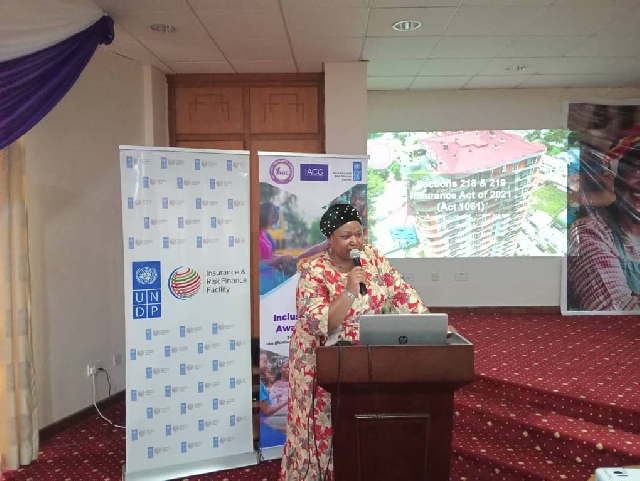 Dr. Amina Sammo
Dr. Amina Sammo
The United Nations Development Programme’s Insurance and Risk Finance Facility (IRFF) has reinforced its commitment to promoting insurance adoption among workers in Ghana’s informal sector, encouraging them to view insurance as a vital tool for financial security.
Speaking at a Micro and Small Business Clinic (MSBC) organized by the National Insurance Commission (NIC) and the Insurance Awareness Coordinators’ Group (IACG), IRFF Coordinator Dr. Amina Sammo underscored the importance of inclusive insurance, which she noted differs from traditional policies like life, health, and property insurance.
“Business insurance safeguards goods and assets from unforeseen events, helping traders avoid major financial losses during crises,” Dr. Sammo explained. She added that with business insurance, individuals are less reliant on government aid after disasters, such as fires or floods, since insurance claims can help cover losses.
The IRFF programme aims to provide informal businesses with access to reliable insurance solutions over the next one to five years to boost resilience and financial stability within Ghana's informal sector.
In his opening remarks, Acting Insurance Commissioner Michael Kofi Andoh urged insurers to develop tailored insurance products to foster inclusivity. Highlighting that Ghana’s informal sector comprises nearly 80% of the workforce, Mr. Andoh encouraged insurers to design customized policies to meet their unique needs.
The remarks were part of a six-week-long Inclusive Insurance Awareness Clinic Programme in Accra, which aimed to educate informal workers on identifying risks and building resilience through inclusive insurance options.
Supported by the IRFF, the event convened leaders from various informal sector associations, including market vendors, commercial drivers, artisans, and small business operators.
Mr. Andoh noted that NIC is collaborating with insurers to create innovative insurance products that cater to the informal workforce, a significant segment of Ghana's labour force often lacking insurance access. He emphasized that inclusive insurance can offer income protection and help individuals recover more quickly from financial setbacks, providing an alternative to government support from entities like the National Disaster Management Organization (NADMO).
The training also equipped association leaders with the knowledge to guide members on interacting with insurers and understanding policy terms and conditions.
“Our goal is for leaders to understand the specifics of inclusive insurance so they can confidently engage with sales agents and ask pertinent questions,” Mr. Andoh added.
The awareness campaign further aims to prepare informal sector leaders to relay the benefits of business insurance, especially to market women and artisans, fostering a culture of resilience and preparedness among Ghana’s informal workers.
Source: Classfmonline.com/Cecil Mensah
Trending Business

Ghana to establish Trade House in the UK to boost exports — High Commissioner reveals
15:05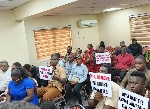
VEMAG raises concerns over DVLA's digital number plate rollout, citing job losses
13:30
DVLA introduces temporary registration number sticker for non-fleet vehicle owners
12:05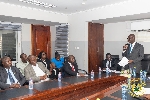
Finance Minister urges Legon Tax Office to strengthen revenue mobilisation
10:12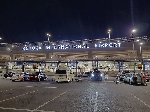
GRA refutes extortion claims, clarifies duty payment incident at Kotoka International Airport
06:39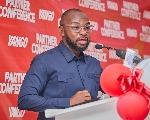
NYA CEO urges Yango couriers to be diligent and humble at 2025 Partner Conference
14:26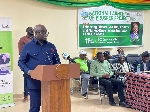
Agric Minister launches $147.3 m PROSPER project in Damongo to transform rural agriculture
14:15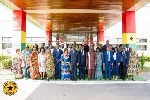
BoG Governor assures Council of State of commitment to Cedi stability
12:15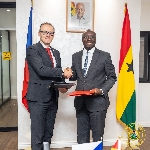
Ghana signs seventh bilateral Debt Restructuring Agreement with Czech Republic
11:04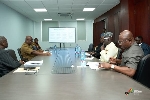
GIPC boss urges newly appointed Special Envoys to champion investment drive
10:05




